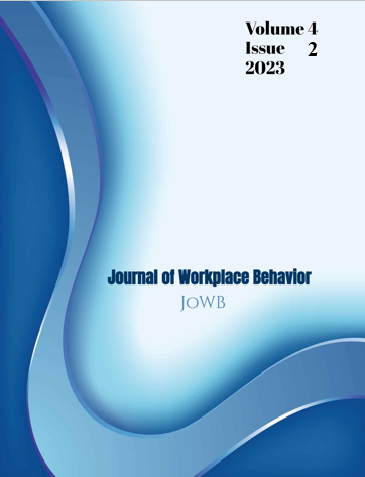Strategic Sustainability: Exploring the Impact of Technological Inclusion of AI in Pakistani Health Care Exploring Artificial Intelligence as an Innovative Technological Tool
Main Article Content
Abstract
Artificial intelligence (AI) is a practical strategic instrument for addressing human well-being and socio-economic development issues. This study makes use of NVivo to perform qualitative data analysis. The interviews lasted for around half an hour and consisted of both individual and group discussions with the participants. According to the findings of this study, the implementation of artificial intelligence in medical settings can now be divided into a few distinct phases. It has been found that there are four key variables that are linked to sustainability in healthcare companies. Factors to consider include sustainable process innovation, operational ability, sustainable resource upscaling, and awareness of sustainable resources. Recent development includes AI in medical treatment in Pakistan, magnetic resonance imaging (MRI), x-rays, data inventories, artificial intelligence (AI) systems, and robotics.

